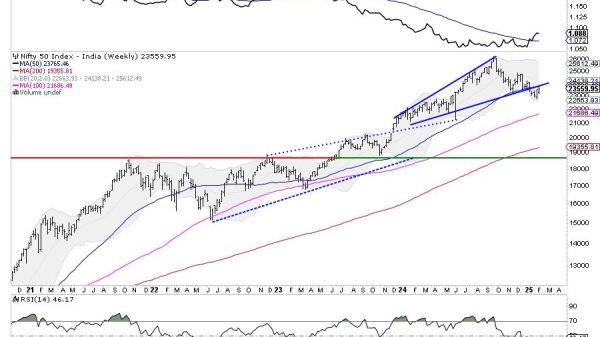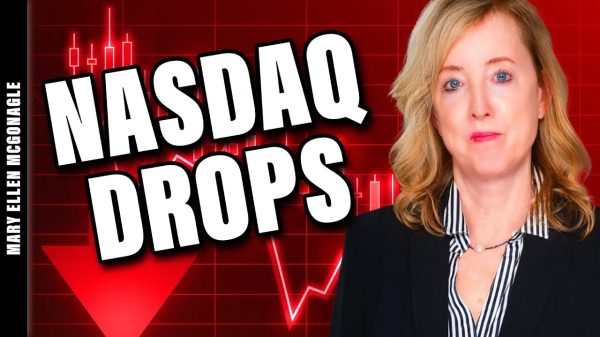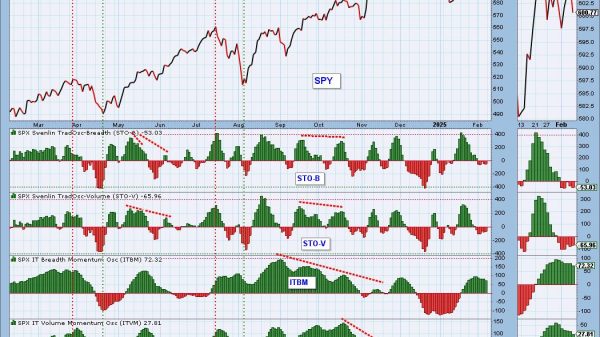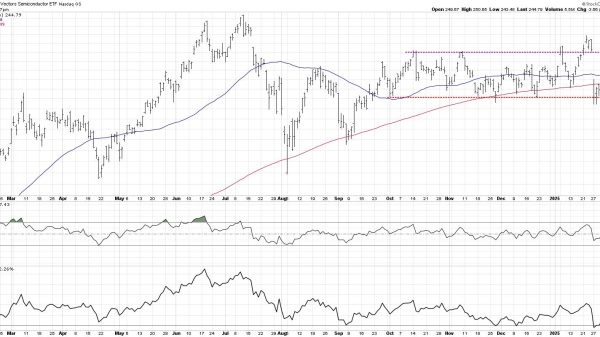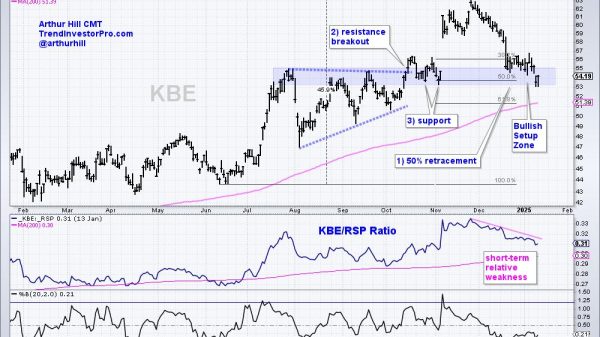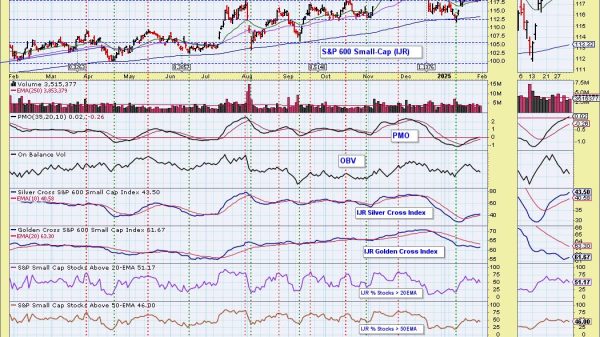
When Jonathan Reynolds announced sweeping tariffs this summer to shield Britain’s steelmakers from a flood of cheap imports, the reaction seemed almost universally positive.
“This government is unapologetic in our support for the UK steel sector,” declared Reynolds, then business secretary, promising to defend a “vital industry that underpins Britain’s industrial strength and national security.”
Gareth Stace, director-general of the industry body UK Steel, hailed it as “a tremendous outcome” that would stop foreign producers from “swamping the UK and driving our steel manufacturers out of business.”
But behind the scenes, the glow of unity quickly dimmed. Letters, emails and board minutes seen by The Sunday Times reveal an industry at war with itself — with primary steelmakers and smaller manufacturers accusing one another of self-interest as tariffs reshape Britain’s metal economy.
On one side stand the primary steel producers: heavyweights such as Tata Steel, British Steel, Celsa and Speciality Steel, which collectively employ about 10,000 workers and produce semi-finished materials like billets, slabs and blooms. They argue that protection is essential to defend British manufacturing from state-subsidised steel from Asia, particularly China.
On the other side are the “downstream” steel users — the firms that take these semi-finished products and turn them into everything from metal washers and car parts to construction mesh and polished kitchen counters. Together they support more than 300,000 jobs, and they say the new tariffs are pushing them to the brink.
Their case is simple: by making imported steel more expensive, the government is driving up their costs — in some cases to the point where manufacturing in Britain no longer makes economic sense.
“British steelmakers are deliberately and consciously seeking to damage downstream businesses, even though some are their customers,” said Stephen Morley, president of the Confederation of British Metalforming (CBM), which represents 200 firms employing 70,000 people.
Morley and a coalition of downstream trade bodies — including the British Constructional Steelwork Association, British Stainless Steel Association, and International Steel Trade Association (Ista) — claim the government’s decision was heavily influenced by Tata Steel, the Indian conglomerate that owns the Port Talbot steelworks in south Wales.
In a letter to trade minister Chris McDonald, Morley alleged that former business secretary Reynolds had acted after Tata “held a gun to the government’s head,” threatening to withdraw from its £1.25 billion plan to switch from coal-fired blast furnaces to cleaner electric arc furnaces unless stronger import protections were introduced.
Tata declined to comment, but UK Steel insists that protectionism is necessary given the “existential threat” posed by Chinese overproduction and the re-routing of exports through Vietnam and South Korea to avoid anti-dumping rules.
“We have to implement broader import controls,” said Peter Brennan, UK Steel’s director of trade and economic policy. “That’s what the US has done. That’s what the EU is doing. If we don’t, we’ll lose our steel industry.”
Downstream companies warn the consequences could ripple through construction, manufacturing and infrastructure. Britain simply doesn’t make enough steel to meet demand, forcing firms to import — now at inflated prices.
Richard Webster, chair of the British Independent Reinforcement Fabricators Association, said the UK produces only about 600,000 tonnes of steel reinforcement bars a year, far short of the 1.1 million tonnes needed for projects like housing and rail.
“Imports play a crucial role in keeping supply flowing to the construction industry,” he wrote to trade secretary Peter Kyle. “Tariffs could slow projects and undermine Labour’s growth ambitions.”
Simone Draper of Ista added that the changes had already caused “disruption and unexpected costs across the supply chain.”
There is growing fear that further tariff hikes — such as the EU’s planned 50 per cent levy and halving of tariff-free quotas due next year — could “strangle the metal manufacturing supply chain”, in Morley’s words.
Many companies sit uneasily between the two sides. Philip Jackson, managing director of Bright Steels in North Yorkshire, said his business both suffers from cheap imports and depends on them.
“A one-dimensional approach on safeguarding will penalise us,” he said. “We need a balanced policy that supports domestic producers without crippling the rest of the chain.”
To find that balance, Kyle has commissioned engineering consultancy Hatch to map Britain’s steel production capacity and demand over the next 25 years — an attempt to identify which products could be tariff-free without undermining UK mills.
For some in the industry, the stakes are more tangible than trade statistics. Kirsty Davies-Chinnock, a stainless steel specialist in the West Midlands, says tariffs threaten the invisible infrastructure that underpins daily life.
“Everyone in the UK comes into contact with my products at least 30 times a day,” she said. “From turning on a light switch to taking a vitamin, having a cup of coffee — right through to falling out of a nightclub at 3am and being handed a kebab over a polished stainless steel counter. You take that away, and you can’t have your coffee, your vitamins — or your kebab.”
It’s a vivid reminder that in the civil war tearing through British steel, it isn’t just furnaces and factories at stake — it’s the thousands of small businesses, builders, and manufacturers that rely on them every day.
Read more:
Jobs and kebabs on the line as UK steel sector turns on itself over import tariffs






